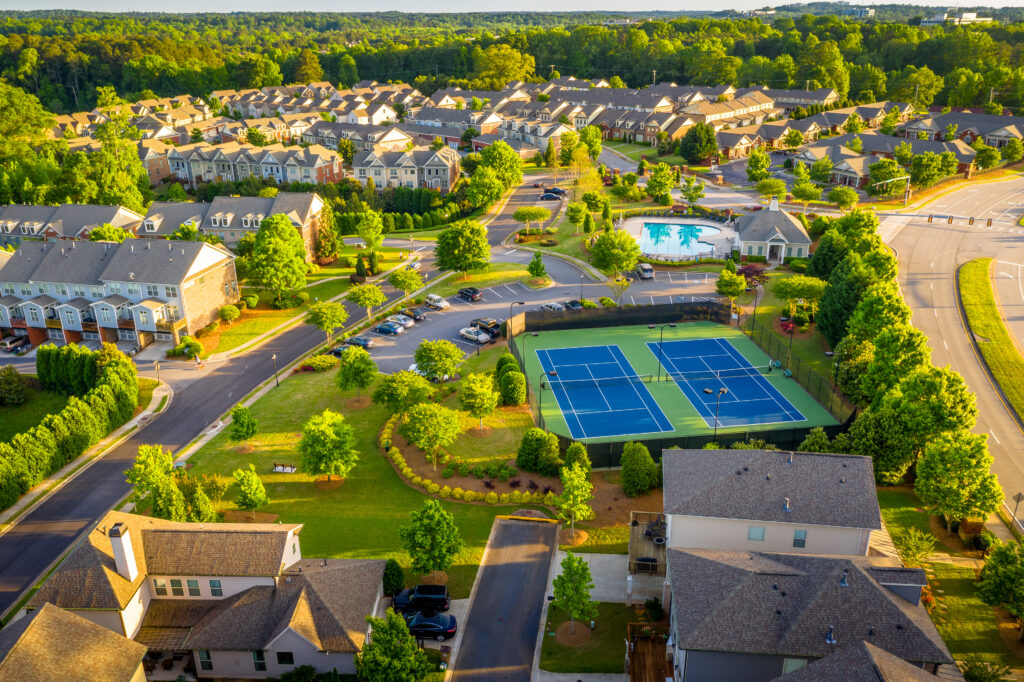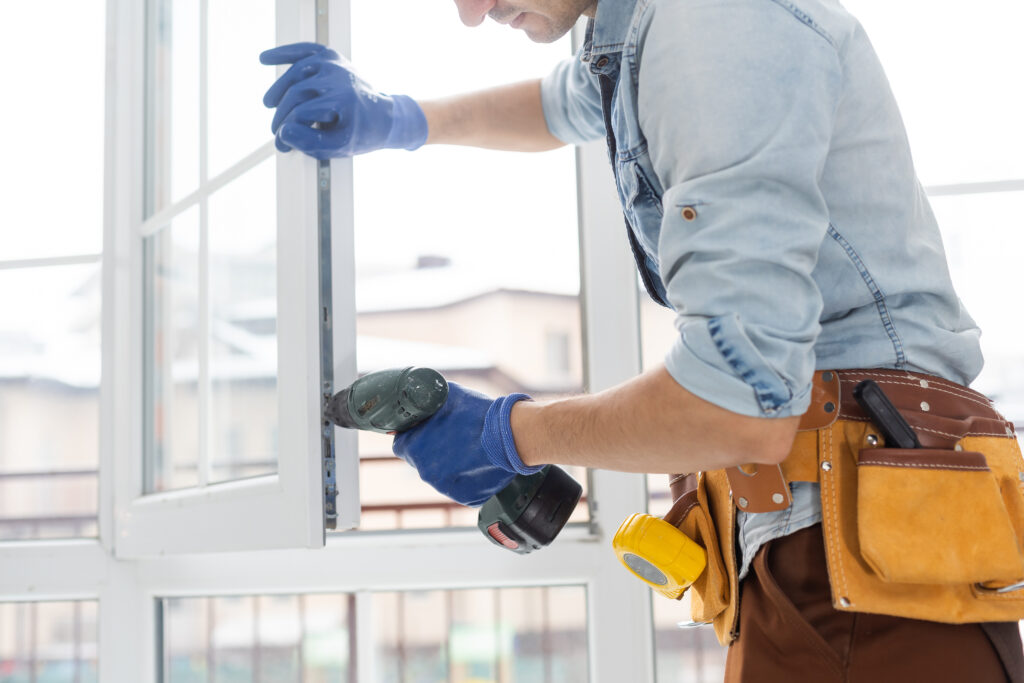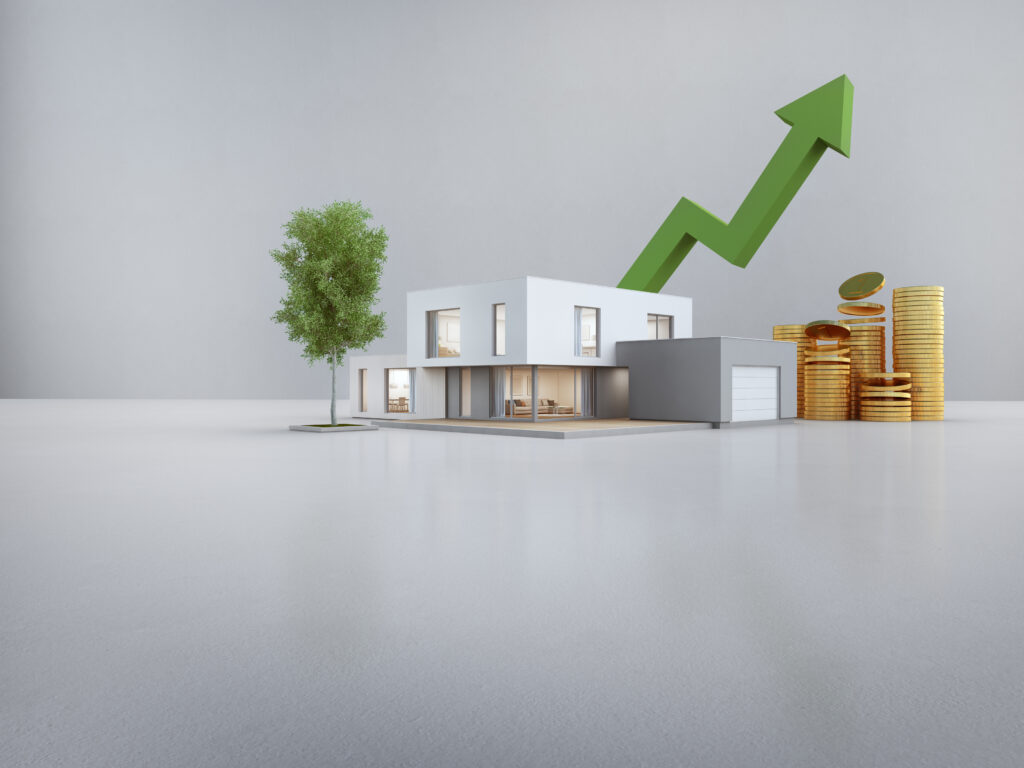By Dixie Somers
Selling a home can be a stressful and overwhelming process, especially if you start to feel like your efforts aren’t paying off. But before you hit the panic button, take a deep breath and keep reading. In this guide, we’ll walk you through some steps to troubleshoot and improve your home selling journey. So let’s tackle this challenge together and find a solution that will help you sell your home with confidence.
Understanding the Market
The first step in troubleshooting your home selling journey is to take a step back and understand the market. Real estate markets can vary greatly depending on location, time of year and other factors. By researching current market trends and statistics, you can gain valuable insights into what buyers are looking for, how much they are willing to pay and how long homes are typically staying on the market. This information can help you make informed decisions about pricing, staging and marketing your home to attract potential buyers. Don’t panic if the market seems slow or competitive—a better understanding of it can give you a strategic advantage in selling your home.
To research a housing market, you can start by looking at online resources such as real estate websites and blogs. These sources often provide up-to-date information on current trends and statistics for specific areas. You can also reach out to local real estate agents who have expertise in their respective markets and may be able to provide valuable insights and advice. Additionally, attending open houses or speaking with potential buyers can give you a better understanding of what features and amenities are in demand in your area.
Evaluating Your Listing
Above all else, be sure to take a critical look at your listing. First, consider the pricing of your home. Is it competitive with other homes in the area? Too similar? If not, you may need to adjust accordingly. Next, assess the presentation of your home through staging and photography. Are potential buyers able to envision themselves living in this space?
Make sure to declutter and depersonalize your home to make it more appealing to a wider audience. Additionally, review the description of your home in the listing. Is it accurate and enticing? Consider highlighting unique features or upgrades that may set your home apart from others on the market.
Making Necessary Updates
Don’t be afraid to invest in some necessary updates or repairs before putting your home on the market. Not only can these improvements make your home more attractive to potential buyers, but they may also increase its value and lead to a higher selling price.
Start by addressing any major issues that may turn off buyers, such as a leaky roof or outdated appliances. Then, consider making cosmetic updates like fresh paint, new fixtures or landscaping to make your home more visually appealing. You don’t need to overspend on renovations, but investing in some strategic updates can go a long way in helping your home stand out in a competitive market.
It’s important to prioritize necessary updates that will have a significant impact on the overall appeal and value of your home. It’s also important not to worry about minor or cosmetic updates that may not make a big difference in the eyes of potential buyers. For example, don’t stress over small details like replacing all of the doorknobs or light switches in your home. Remember that every update you make should contribute to the overall goal of making your home more attractive and appealing to potential buyers.
Adjusting Your Pricing Strategy
When it comes to selling a home, pricing is key. If your home isn’t priced competitively or accurately according to the market, potential buyers may overlook it or lose interest. That’s why it’s important to regularly reassess and adjust your pricing strategy as needed. Don’t panic if you need to make some changes along the way—sometimes lowering the price can actually lead to a higher sale in the end.
Consider working with your real estate agent to determine the best pricing strategy for your home based on market trends and buyer interest. Keep in mind that it’s better to be flexible and open to adjusting your price rather than holding firm on a price that may not align with current market conditions. By being strategic and realistic about pricing, you can increase your chances of a successful sale.
Marketing and Promotion
Marketing and promotion are crucial elements in selling a home. After all, how will potential buyers know about your property if you don’t effectively market it? Start by ensuring that your listing is on multiple online platforms and social media channels. This will increase visibility and reach a wider audience.
Additionally, consider creating high-quality virtual tours or videos to showcase your home’s unique features and give potential buyers a better sense of the space. Don’t underestimate the power of word-of-mouth as well—tell your friends, family and colleagues about your home being on the market and ask them to spread the word. The more exposure your listing gets, the higher chances you have of finding the right buyer for your home.
Selling a home can be a challenging and sometimes frustrating process. However, with the right approach and strategy, you can overcome any obstacles and successfully sell your home with confidence. By understanding the market, evaluating your listing, making necessary updates, adjusting your pricing strategy and effectively marketing your property, you can increase your chances of a successful sale. Remember to stay positive, be open to feedback and changes, and don’t panic if things don’t go as planned. With determination and patience, you can find the right buyer for your home and successfully close the deal. Good luck!
This was originally published on RISMedia’s Housecall. http://blog.rismedia.com




